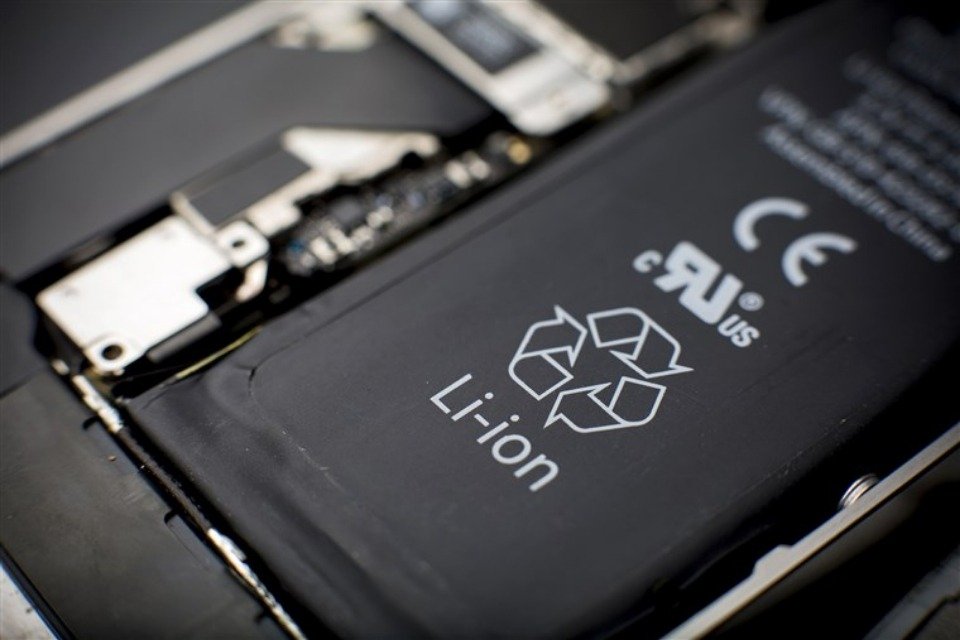The European Parliament recently voted in favor of new legislation that will review its life cycle batterys, from design to the end of their life. The upcoming legislation includes important warnings for smartphone users and manufacturers.
Among the changes, the new regulations they require batteries in consumer devices such as smartphones are easily removable so they can be replaced. This isn't the case with most phones today, but it wasn't always the case.
In the older ones cell phones (if you consider Nokia 5190, Nokia 3310, Motorola Razr V3, etc), changing the battery could be done in seconds.
Most batteries were self-contained and could be changed by opening a cover.
But the manufacturers changed the batteries that could be replaced and preferred the "sealed" devices. Many consumers reacted to the change, but over time, most accepted it. New EU regulations could force manufacturers to use replaceable batteries again.
It is not the first time that the EU intervenes and causes changes.
Last year, the EU set a deadline for manufacturers on December 28, 2024, to use a USB-C port on all small electronic devices for charging.
This is certainly one problem for Apple since in iPhones uses a dedicated Lightning port. Apple has already confirmed that it will comply with the regulation, which means we could see this year's iPhones come with USB-C (or next year's iPhones, at the latest) – at least, in the EU.





